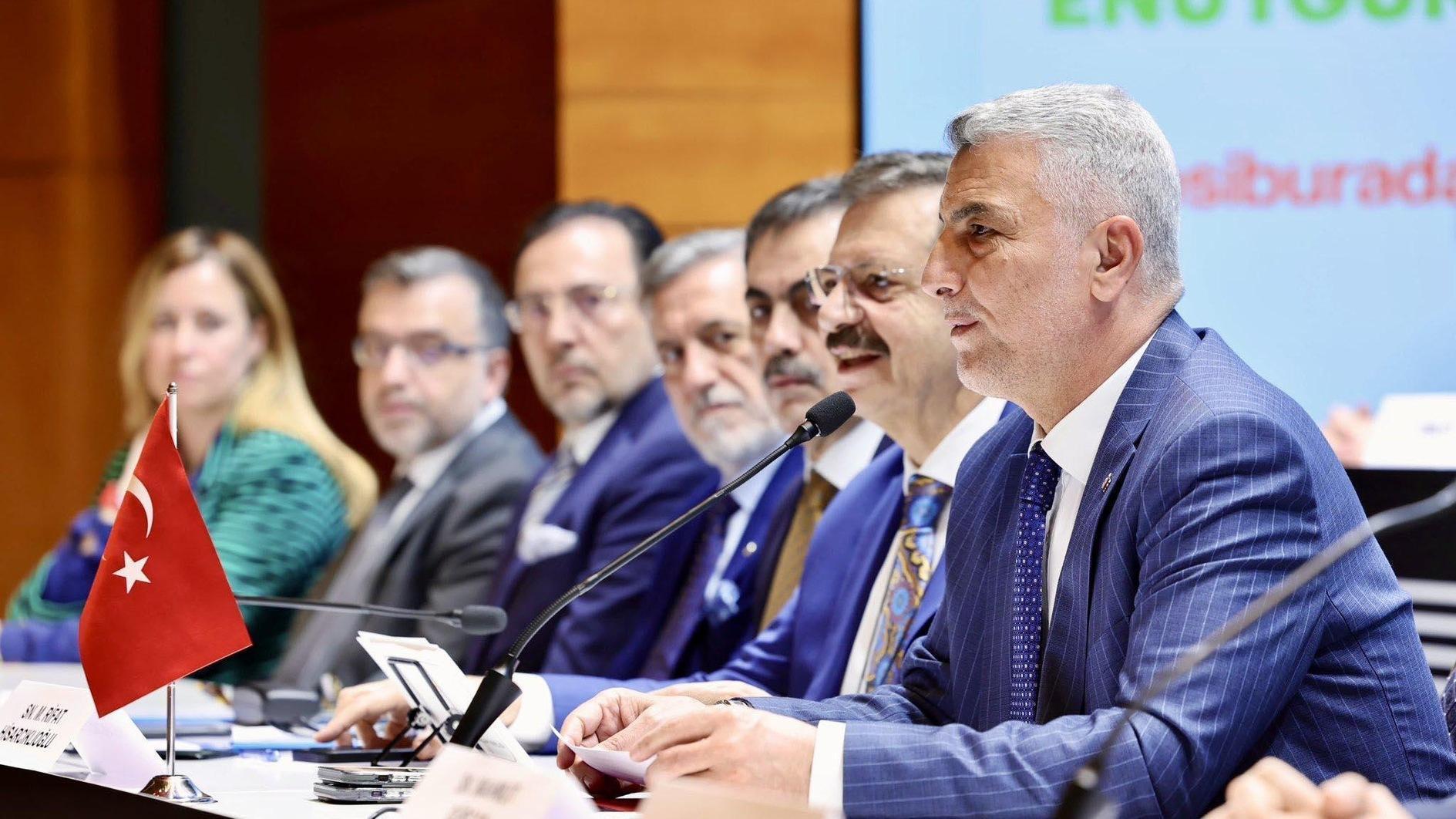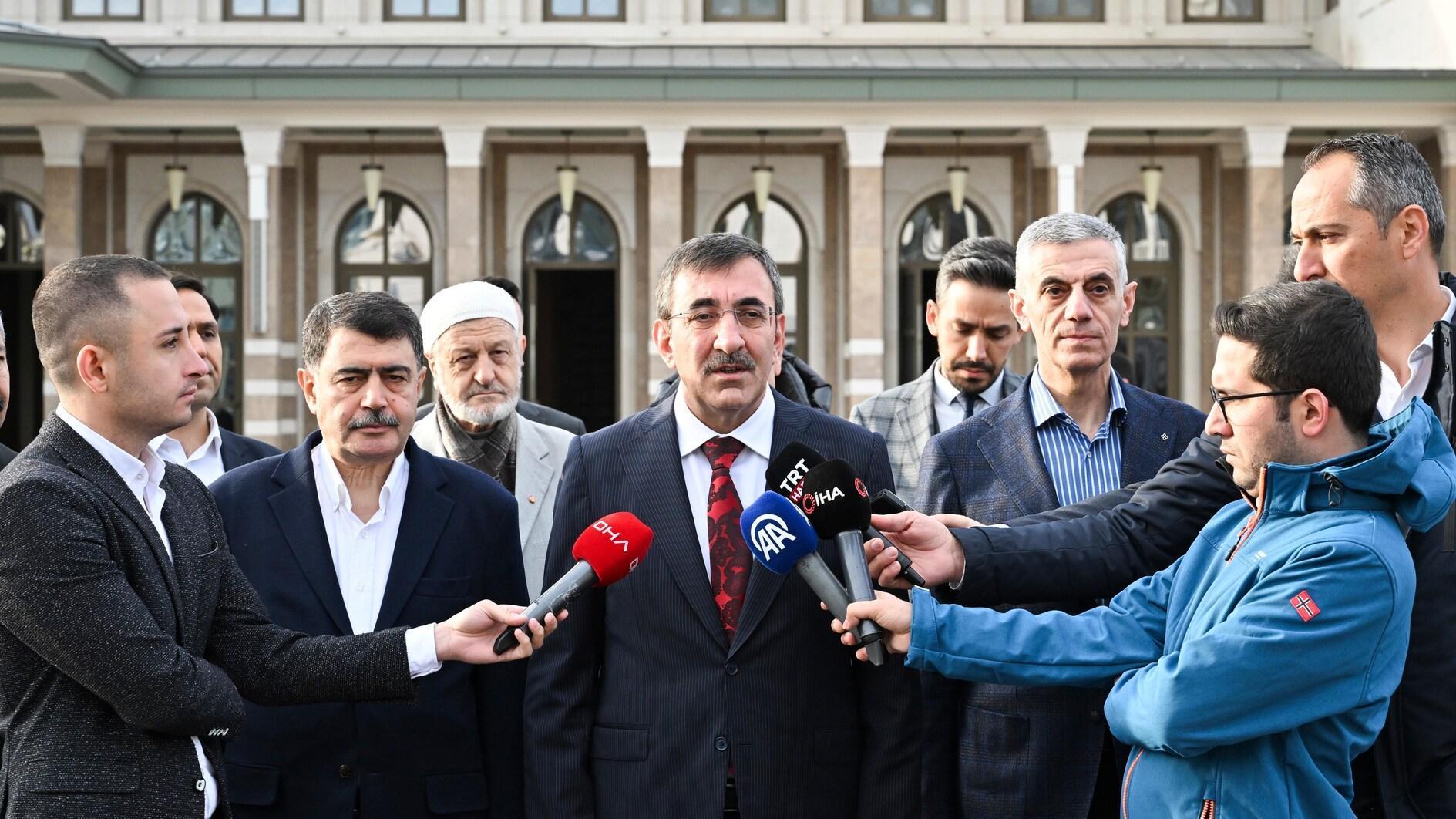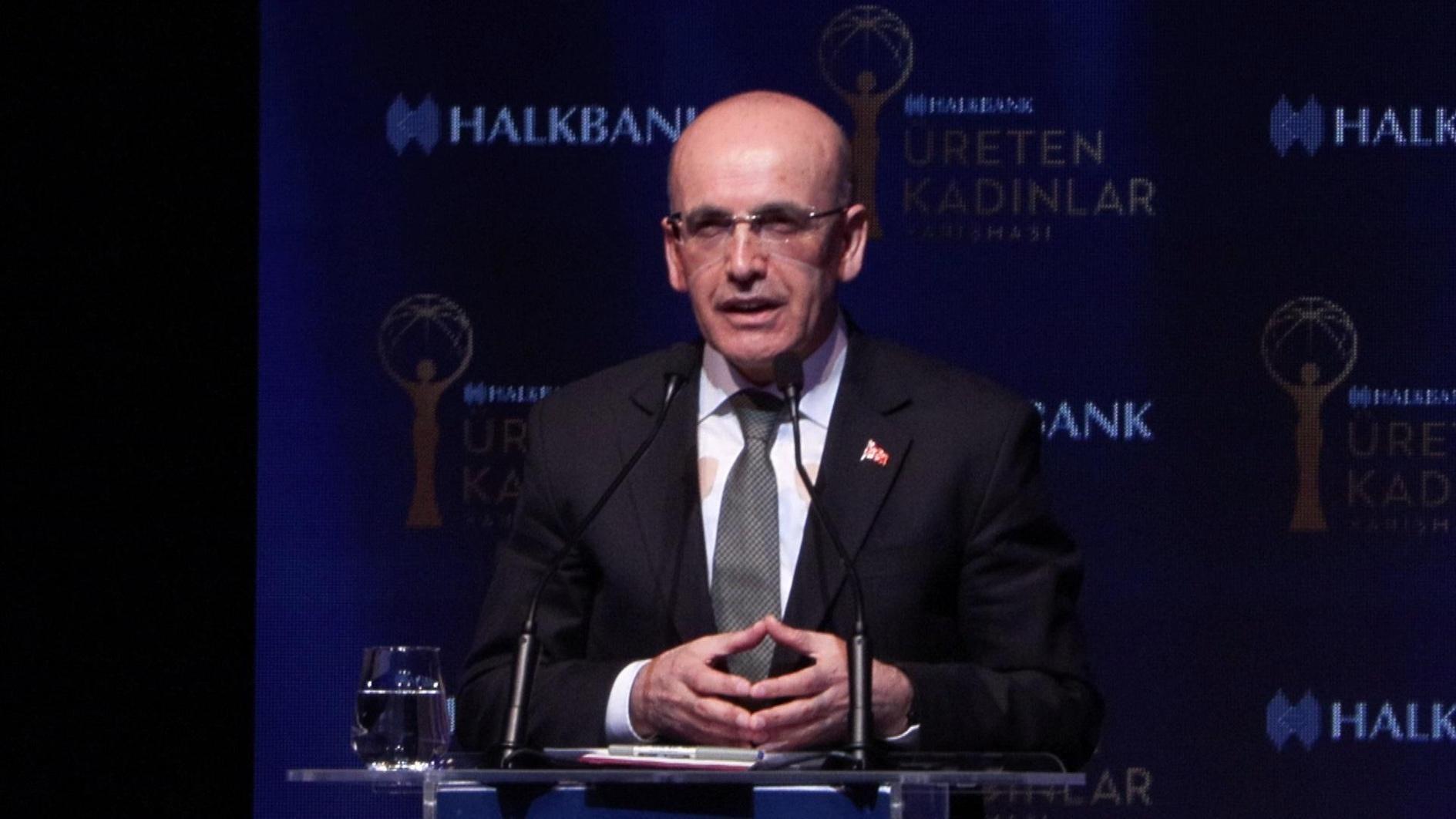Pawning of assets fund
Wealth funds are set up in countries that are rich in natural resources, such as oil, with the aim of carrying the public wealth accumulated today and in the near future to the future, in other words, to the grandchildren. The aim is to carry today’s wealth to the future, to next generations.
In a country like ours, which does not have natural resources, these funds are formed so that the debts to be created by pawning the assets owed to pay for today’s expenditures, would carry the debts to the future, in other words to the grandchildren.
What we see today as the Turkish Wealth Fund is not a wealth fund; it is the pawning of the wealth fund.
The Wealth Fund law in question was processed in parliament in August. In the month of January, by extending the power of issuing statutory decrees and using the power against its aim, additional specifications were introduced for assets to be included in this fund. The extent was so broadened that the related article was as if “Whatever I want, I can hand over to this fund.”
With this “downloaded” article, thanks to the power that was not given to the government by the parliament, a statuary decree was added to the law. It was declared over the weekend that the shares of several public
companies and banks were handed over to the sovereign wealth fund. Without the approval of the parliament and with a power that has no relation to the state of emergency, an article is added to the law and transfers are done according to this. There is no debate that this is unlawful. It is highly probable that all the dealings that will be done from today onwards will be taken to court.
This fund is so uncontrolled that, as a matter of fact, it will be the prime minister who will appoint those who will run the fund as well as those who will audit it. There will be no Court of Accounts audit. The members of parliament including ruling Justice and Development Party (AKP) deputies unfortunately will only watch.
In democratic countries; such huge funds are keenly audited, they are built on transparency and accountability. It is expected that those people appointed to this fund should all be well-equipped, experienced and respectable professionals.
What will this fund do?
It is quite obvious that the Wealth Fund will pursue loaning through pawning and creating sources rather than selling the assets handed over to it.
There are two main avenues; one is trying to find external loans by placing all the institutions handed over to the fund into a guarantee pool. The second is, most probably simultaneously with the first one, to loan from citizens.
In this situation we will look like a bankrupt tradesman who takes the silver and gold at home to the pawn shop and finds loans. It is one thing that a public bank loans from the market by collateralizing its credit card receivables, but it is another thing that the state places a public bank in a guarantee pool and loaning through it.
The public economy policy in Turkey is increasingly distancing from the budget integrity, losing its transparency and drifting into these three wings: Conditional liabilities stemming from the budget, the wealth fund and investments.
The budget, as known, can be audited as much as the executive body allows it, so will the wealth fund. We do not know what they are and how much they are the third wing; the conditional obligations of the guarantees pledged to the private sector from giant public investments such as such as bridges, rents, etc.
Turkey is rapidly driven away as a country where “any government that has the majority in the elections can do anything it wants, it would not provide information and will not be held accountable.” However, with this state of affairs, the check will be sent to the entire population.











